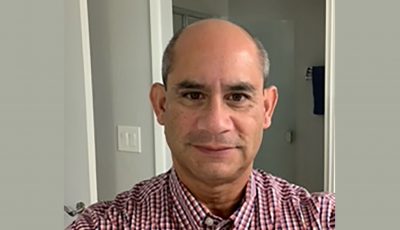Indigenous islanders tackle climate change

“First Stewards: Coastal Peoples Address Climate Change” is a national event that examines the impact of climate change on indigenous coastal cultures and explores solutions based on millennia of traditional ecological knowledge.
Regional panels shared climate adaptation strategies from coastal and island ecosystems nationwide where Indian Country, Alaskan Natives and indigenous U.S. Pacific Islanders are at the forefront, creating an incubator for climate change solutions. Tribal regulatory environments allow for demonstrations of solutions to pressing needs, such as renewable energy and adaptation strategies for villages.
The Pacific Islands Panel was featured on Thursday with the theme, “Little changes have big impacts on little islands: Relying on tradition to sustain resources.” The U.S. Pacific islands comprise approximately 1.5 million square miles and account for half of the nation’s exclusive economic zone. Through observation and adaptation, the Refaluwasch, Chamorro, Samoan, and Hawaiian peoples have maintained subsistence lifestyles and survived supertyphoons and droughts.
Gov. Benigno R. Fitial represented the Refaluwasch people on the panel. He was joined by other island panelists: Guam’s Chamorro Affairs president Joseph Artero-Cameron, Chamorro; American Samoa’s Marine and Wildlife Resources director Ufagafa Ray Tulafono, Samoan; and Haleakala National Park manager Paulokaleioku Timothy Bailey, Hawaiian.
In his presentation, Fitial discussed the need for sound policy and the effects of climate change from the perspective of Refaluwasch culture and traditions. See complete text of his speech on Page 11.
The symposium is a partnership between the tribal and Pacific Island indigenous communities with scientists and governmental and non-governmental organizations including the National Congress of American Indians, NOAA Office of National Marine Sanctuaries and National Marine Fisheries Service, Smithsonian’s National Museum of the American Indian, The Nature Conservancy, and Western Pacific Regional Fishery Management Council. Other partners include Northwest Indian Fisheries Commission, EA Engineering, Science, and Technology; Salmon Defense, Uncas Consulting Services; and United South and Eastern Tribes. (Office of the Governor)

























